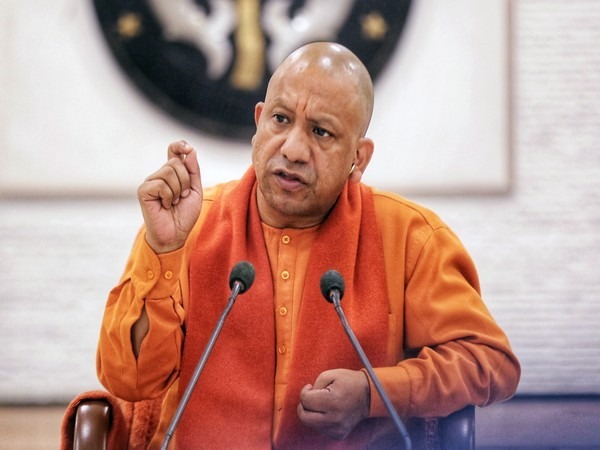Uttar Pradesh Chief Minister Yogi Adityanath extended heartfelt wishes to the people on the occasion of Makar Sankranti, a significant Hindu festival that marks the sun’s transition into the Makara Rashi (Capricorn) and signifies the end of winter solstice with longer days ahead.
“I extend my best wishes to all on the occasion of Makar Sankranti. It is a festival and a celebration to express gratitude towards Lord Sun. Followers of Sanatan Dharma celebrate this festival with different names in different parts of the country,” CM Yogi remarked.
First ‘Amrit Snan’ of Maha Kumbh
On the festival, CM Yogi also highlighted the first ‘Amrit Snan’ of Maha Kumbh 2025. Speaking about the grand event, he said:
“Today is the first day of the first Amrit Snan of Maha Kumbh. It is incredible to witness the attraction towards the Maha Kumbh in the country and the world. Yesterday, almost 1.75 crore devotees took a dip at the Triveni Sangam.”
Celebrations at Gorakhnath Temple
CM Yogi marked the occasion by offering Khichdi as prasadam at the Gorakhnath Temple, a traditional part of the festival. Sharing his wishes on X (formerly Twitter), he wrote:
“Hearty congratulations and best wishes to the people of the state on the sacred festival of ‘Makar Sankranti’ (Khichdi) of folk faith, harmony and worship of the father of the universe, Lord Sun! May this great festival, a symbol of public welfare and cultural upliftment, bring happiness, peace, prosperity, and health in everyone’s life.”
Wishes from Religious Leaders
Mahamandleshwar Swami Chidambaranand of Mahanirvani Panchayati Akhara also conveyed his greetings, adding that their Akhara would be the first to take the holy dip during the Amrit Snan.
Significance of Makar Sankranti
Celebrated on January 14 annually, Makar Sankranti holds immense cultural and spiritual significance in India. Devotees offer prayers and make offerings to the Hindu deity Surya (Sun), symbolizing gratitude for life and harvest. Known by different names across the country—Pongal in Tamil Nadu, Bihu in Assam, and Maghi in Punjab—the festival also includes traditions like kite flying, cooking khichdi, and sharing sesame sweets.
Devotees in various parts of India performed rituals at river ghats, celebrating the festival’s themes of gratitude, renewal, and harmony.


